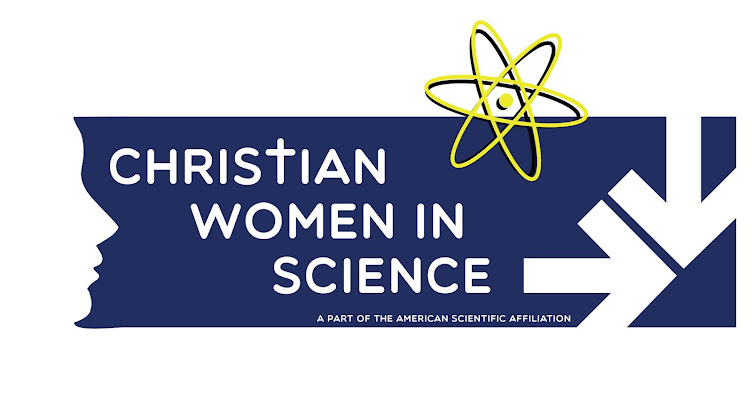Christopher M. Rios
On March 9, 2014, the world lost V. Elving Anderson (b. 1921), a geneticist at the University of Minnesota for more than three decades. Six months earlier we lost Oliver R. Barclay (1919-2013), one of the most influential evangelical leaders in Britain of the 20th century. In a century when science and religion too often appeared as antagonistic, these men showed that another path is possible.
 |
| V. Elving Anderson
1921-2014
|
Anderson studied genetic disorders, especially breast cancer and epilepsy, and served as assistant director and then director of the Dwight Institute for Human Genetics. He was also a devout Baptist who dedicated considerable time and energy in service to the church.
Anderson was the co-author of a 1995 book, “On Behalf of God: A Christian Ethic for Biology,” which explored two of the subjects closest to his heart.
“His idea was always that there’s no inherent contradiction between the two,” said his son, Dr. Carl Anderson, a psychiatrist in New York.
Oliver Barclay spent thirty-five years with the Universities and Colleges Christian Fellowship (UCCF, formerly Inter-Varsity Fellowship), serving as General Secretary of from 1964 to 1980. Before then he had earned a PhD in zoology from Cambridge University, and in 1944, shortly before finishing his degree, founded a group today called Christians in Science.
Despite professional and geographic distance, these men shared an appreciation for both science and religion, rejecting the claim that affirmation of one meant rejection of the other. Together they helped redefine the evangelical engagement with science.
Anderson was the co-author of a 1995 book, “On Behalf of God: A Christian Ethic for Biology,” which explored two of the subjects closest to his heart.
“His idea was always that there’s no inherent contradiction between the two,” said his son, Dr. Carl Anderson, a psychiatrist in New York.
Oliver Barclay spent thirty-five years with the Universities and Colleges Christian Fellowship (UCCF, formerly Inter-Varsity Fellowship), serving as General Secretary of from 1964 to 1980. Before then he had earned a PhD in zoology from Cambridge University, and in 1944, shortly before finishing his degree, founded a group today called Christians in Science.
Despite professional and geographic distance, these men shared an appreciation for both science and religion, rejecting the claim that affirmation of one meant rejection of the other. Together they helped redefine the evangelical engagement with science.
 |
| Oliver R. Barclay 1919-2013 |
When Anderson and Barclay first turned their attention to questions of science and faith, the outlook for a positive relationship between the two fields seemed bleak. During the opening decades of the century, notable figures in both science and theology sought reconciliation between discoveries about the natural world and traditional Christian doctrines. Soon after World War I these efforts virtually ceased and were overshadowed by the antievolutionary crusades of the 1920s. From the 1930s to the 1950s, while most trained scientists and theologians were ignoring each other, antievolutionism was incubated in America’s fundamentalist subculture, and by the 1960s began reemerging as “modern creationism.”
Read it all here.
Both of these prominent scientists were members of the American Scientific Affiliation. If you are a Christian in STEM, consider joining ASA. The link to the website is here. Women who join are also added as members of Christian Women in Science (CWIS).

No comments:
Post a Comment